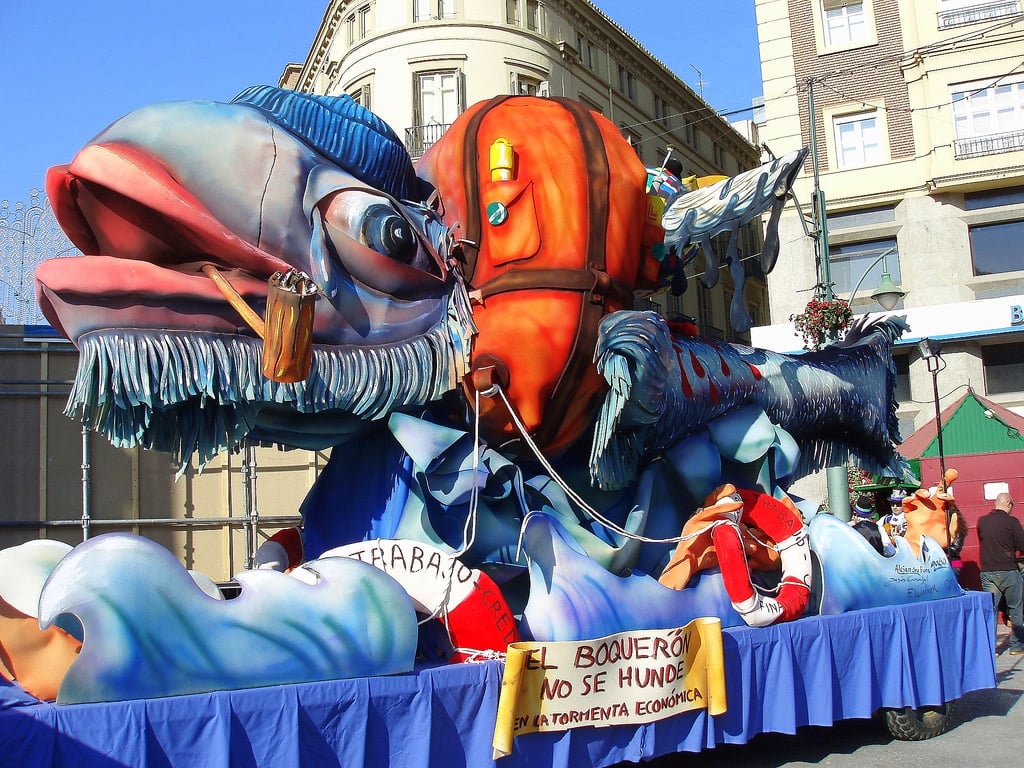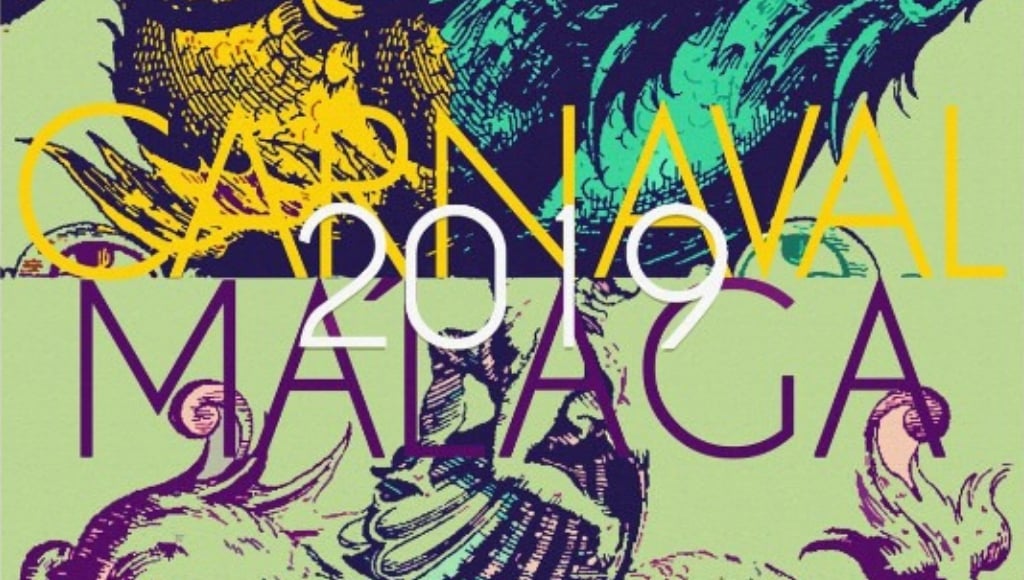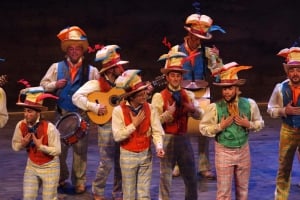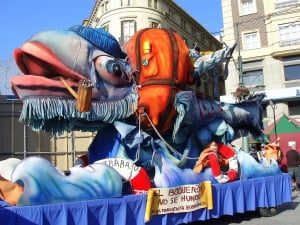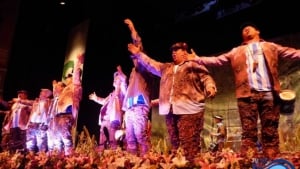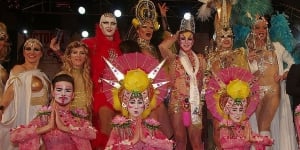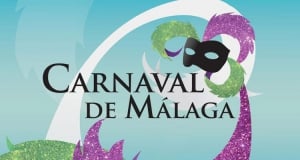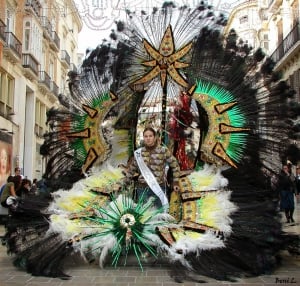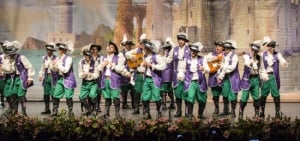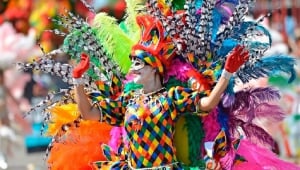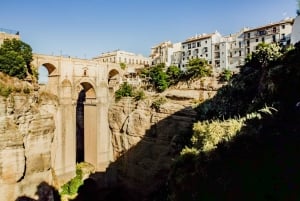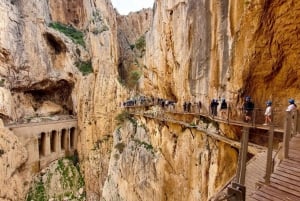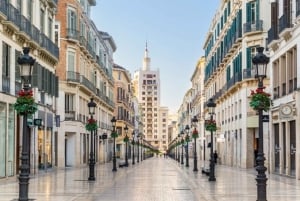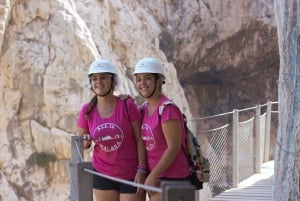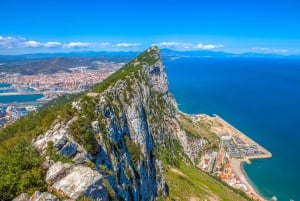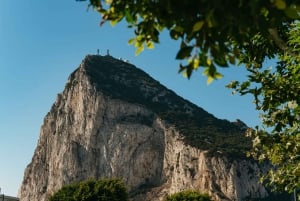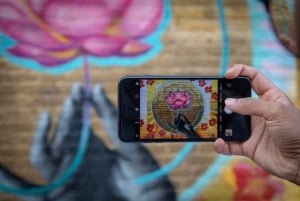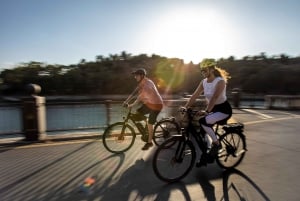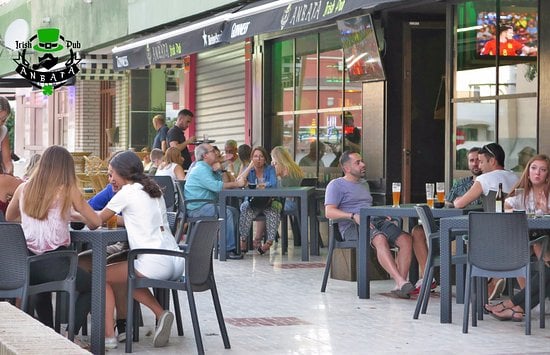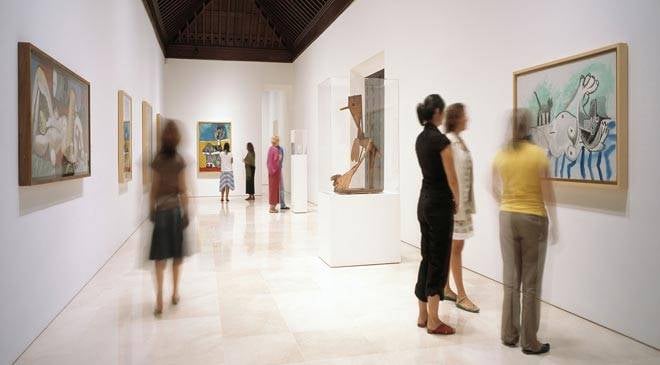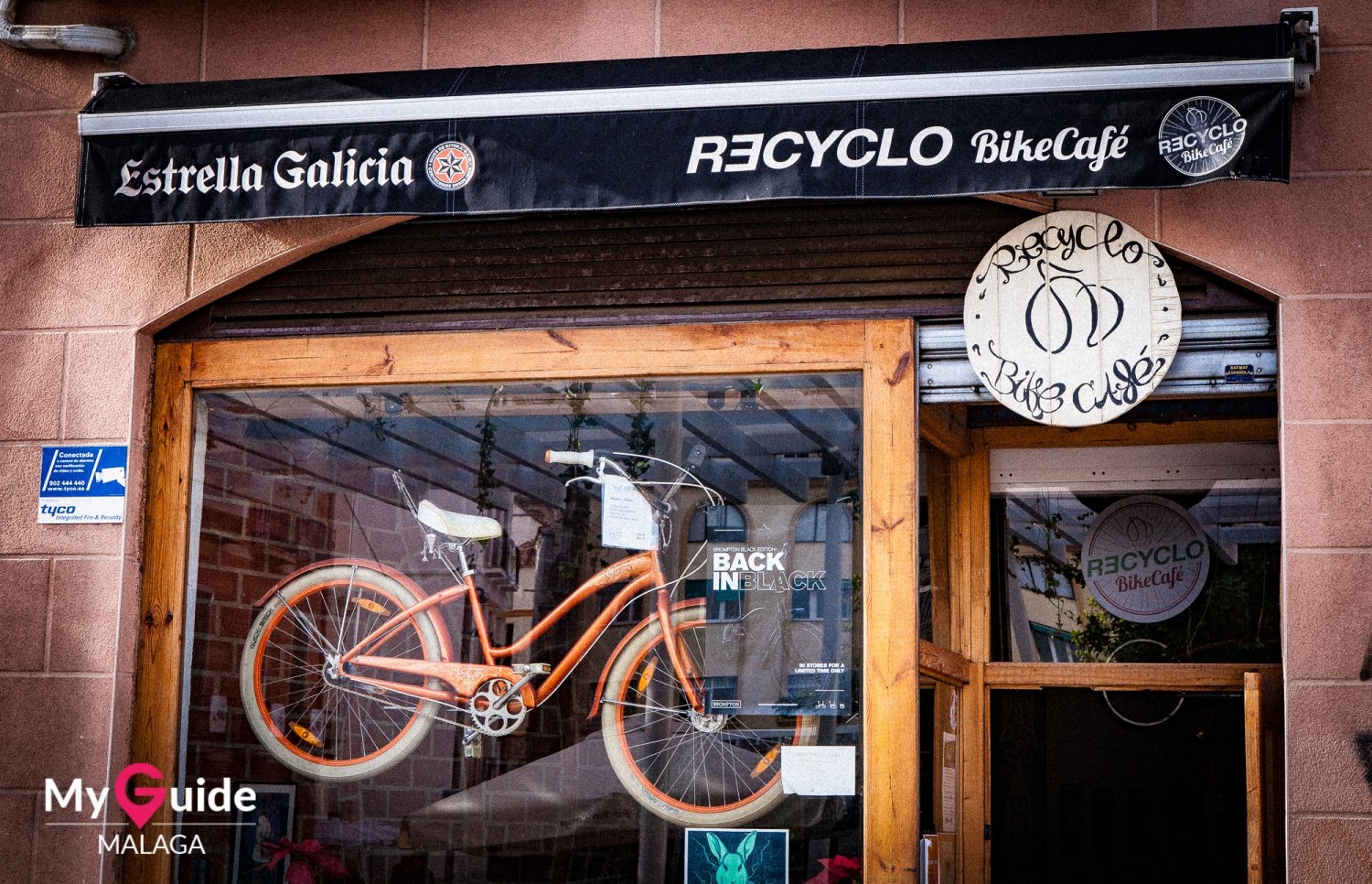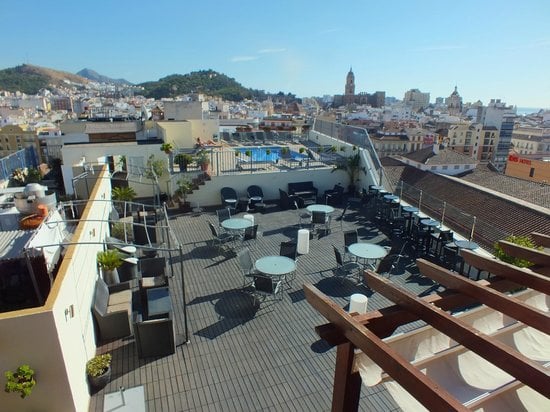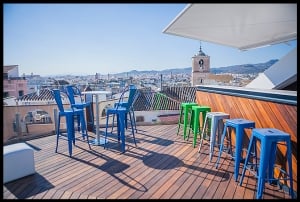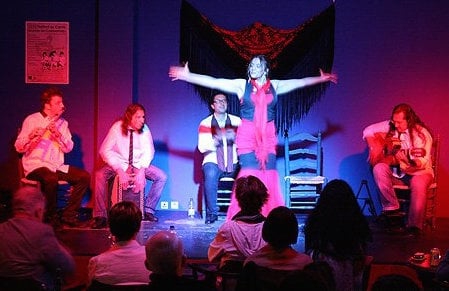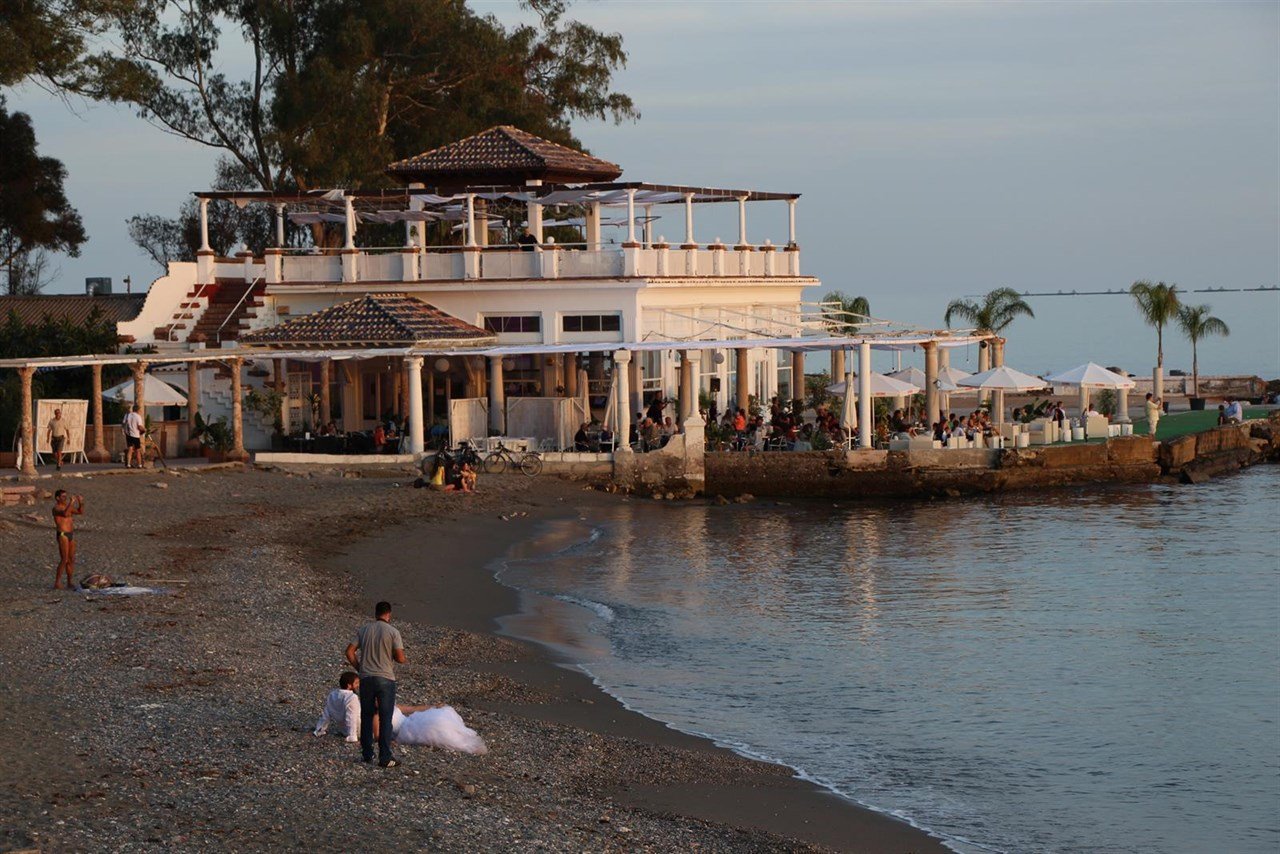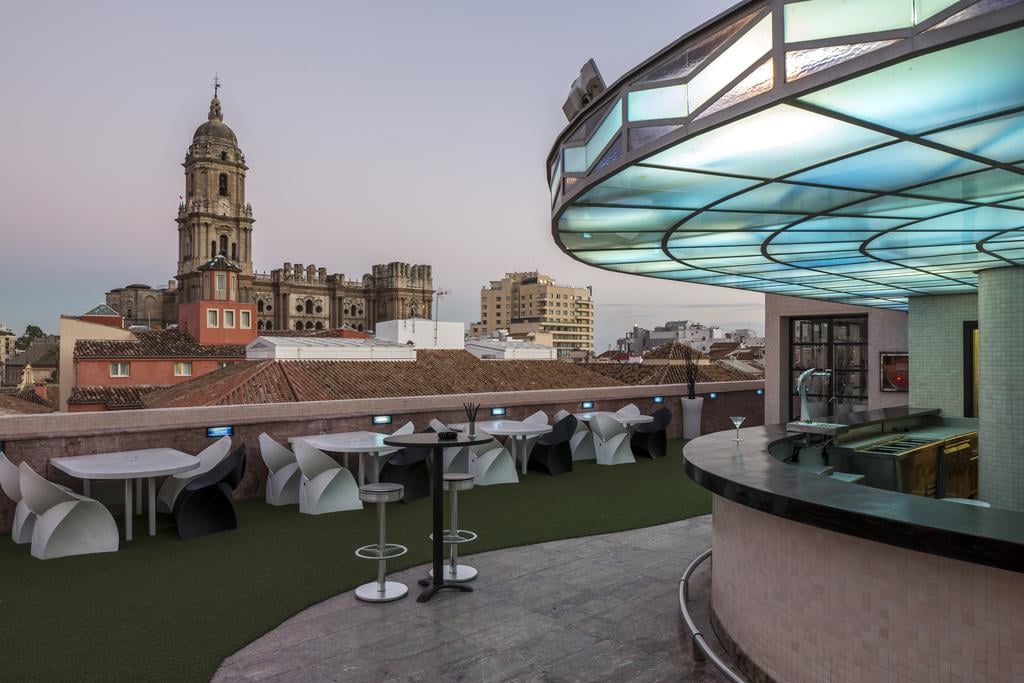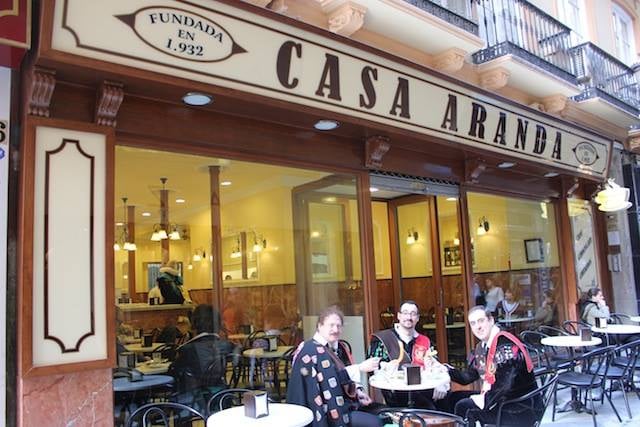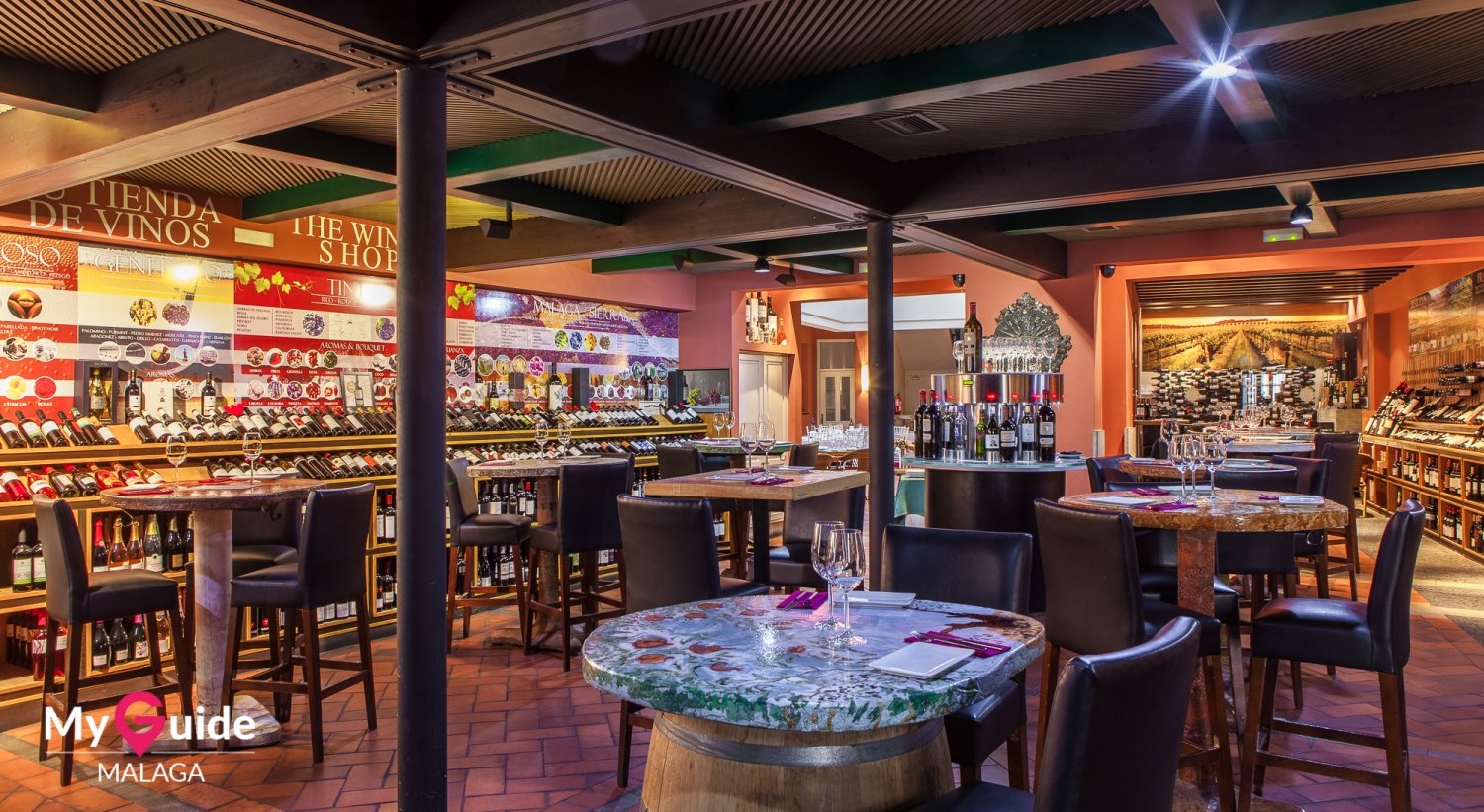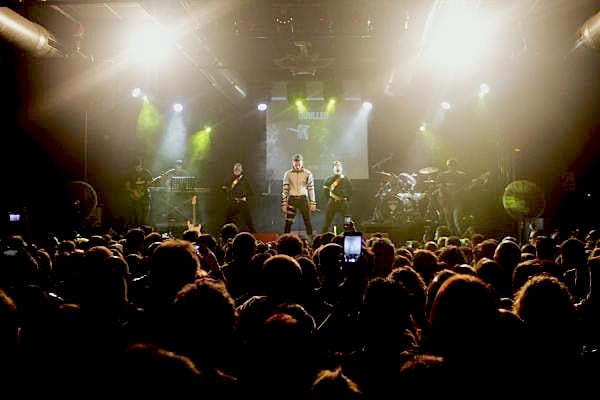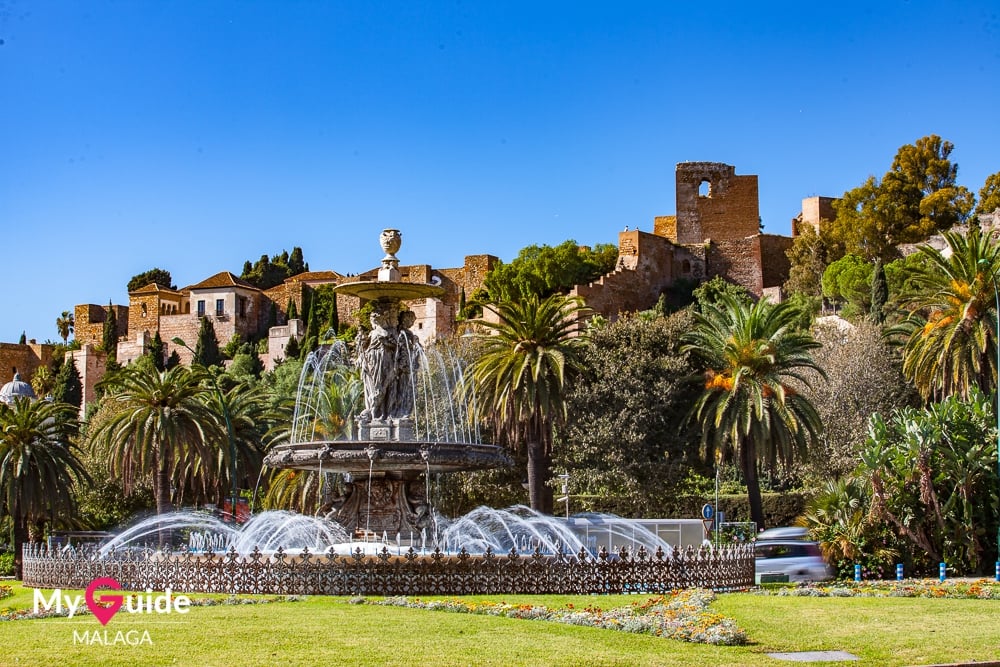Carnaval de Málaga
An ancient festival with an Andalucian twist 23rd Feb - 3rd March 2019
Book Top Experiences and Tours in Malaga:
If youʻre booking your trip to Malaga last minute, we have you covered. Below are some of the top tours and experiences!- From Malaga: Day trip to Gibraltar and Dolphin Boat Tour
- Costa del Sol and Malaga: Ronda and Setenil de las Bodegas
- Nerja, Torrox, or Torre del Mar: Caminito del Rey Day Trip
- Grand Tour: Málaga's Best Sights and Surronds
- From Málaga: Caminito del Rey Full-Day Tour
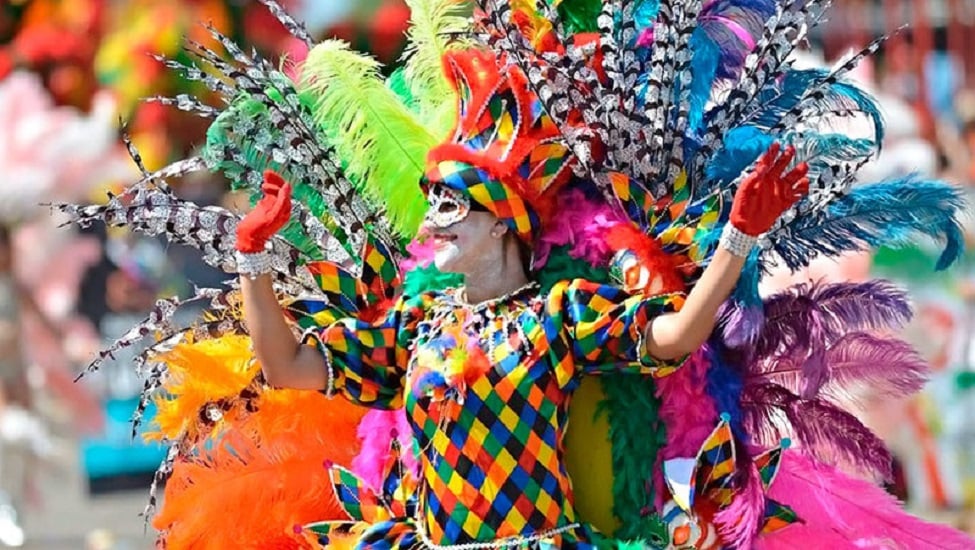
The word carnaval derives from Italian, and means literally to stop eating meat. This was the demand of the church for forty days before the feast of the Christ's resurrection. The carnival has been celebrated for hundreds of years as the prelude to the denial and privation of the fasting in medieval Catholic Europe. Another essential element of medieval culture that crept into carnival was the satirical element. The court jester, the bouffon, the grotesques, traveling circus freaks: these misfits of medieval society occupied the position of satirists and critics. They were tolerated by the authorities and sanctioned occasionally to ridicule and lampoon the very same authority of church and king, providing a release valve for the social resentments of the times. This is exactly what the choirboy in Málaga was doing with the approval of the bishop until that too was repressed.
To this day the typical carnival of Málaga, and especially in Cadiz to the west, is a carnival of costumed bands of musicians called chirigotas, who compose and perform highly satirical and irreverent songs aimed at the powers that be. These competitions are accompanied by a parade of a vast boquerón, which is carried to the Malagueta beach and burnt. This is a ceremony directly descended from very ancient pagan rituals.
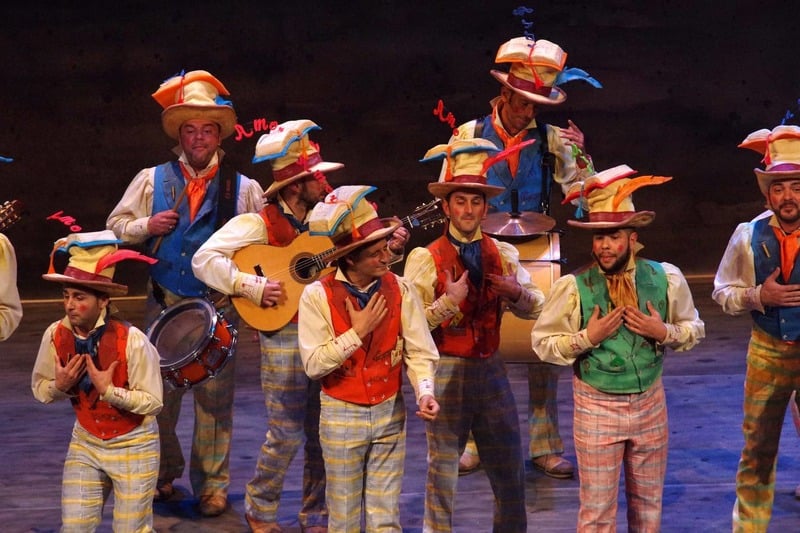
Carnival runs in Malaga this year from the 23rd of February. The performances of the bands of chirigotas competing for best song are well underway and the grand final is held at the Cervantes Theatre. On the 24th start various events to elect the carnival Kings and Queens, and drag queens even, and the following week will see the old town filled with bands of chirigotas performing in the streets, masked people processing and partying, and culminates on the following weekend with further processions, singing contests, masked participants all over the city, and the procession to the Malagueta to bury the Boquerón. Unless you are very fluent in Spanish, much of the satire and humour of the songs will be lost on you, but the costumes and the energy on the streets is still worth the experience, as are the various processions. There are constant events taking place around the Plaza de la Constitución and in other smaller squares in the old town.
Few places in Europe, Asia or North America have anything like this, as it is directly connected to the Catholic practice of Lent. It isn't anything like Rio de Janeiro either, though that's not to say the processions aren't impressive and the costumes dazzling. This is a very Andalucian type of Carnaval, unique to this part of the world, right down to the giant Boquerón!
